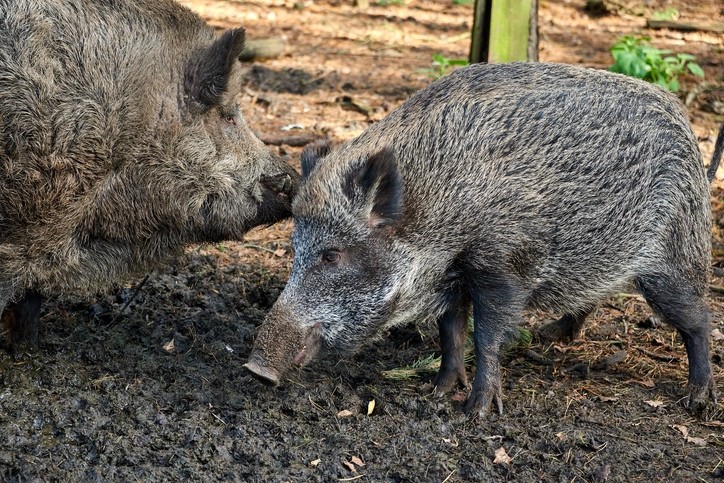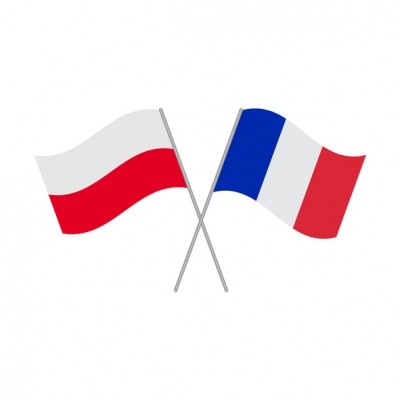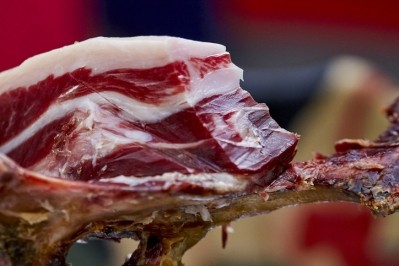African swine fever case confirmed in Germany

There had been concerns for many months that ASF would cross over the Polish border and spread to German wild boars.
Germany’s agriculture ministry announced an official suspected case of the virus in Brandenburg yesterday.
The case in the eastern state involved a wild boar carcass discovered just a few kilometers from Germany's border with Poland, in the Spree-Neisse district in the southern part of Brandenburg.
A sample was taken for laboratory tests at the Friedrich-Loeffler-Institut.
Germany’s agriculture minister, Julia Klöckner, revealed this morning, in a press conference, that it was a case of ASF.
In terms of next steps, the minister said the the competent authority in Brandenburg must now take all necessary measures to to get an overview of the disease situation on site and to prevent the disease from spreading.
The agricultural ministry activated the National Animal Diseases Crisis Unit, she added.
It is in close contact with the European Commission and is in discussion with trade-relevant third countries in order to maintain exports from ASF-free areas as far as possible.
Producer confidence low
Producer confidence has been reported as poor in Germany for a while, due to the risk of ASF spread and changing welfare regulations.
In a report, published in February, evaluating the impact of potential ASF spread into Germany, analysts based at the UK's AHDB said they “would expect to see a more significant impact on the German market [in an ASF-in Germany scenario], but less effect on countries that are still more export-oriented, like Denmark and Spain."
Many key importers outside the EU tend to place a total ban on pork imports from ASF infected countries, even if the disease is just in wild boar. This would mean, as Germany is exposed to ASF, the pork products it previously exported to most third countries would effectively be trapped on the EU market, according to that report.
Although there were reports of disruption in supplying the Chinese market, Germany still shipped 68% more pork and pig offal there than May last year (+73,000 tons), noted the AHDB in May. Growth was biased towards January and slipped a little as the year progressed, wrote Bethan Wilkins, AHDB senior analyst, red meat.
“A number of Germany’s major EU markets took less product, preventing export volumes increasing overall. Poland (-9,000 tons) and Italy (-8,000 tons) in particular took lower volumes. Exports to South Korea were also down by 24% (-7,000 tons),” said the analyst.








